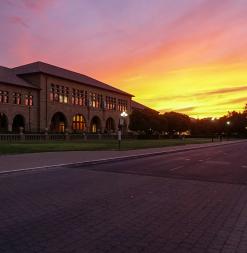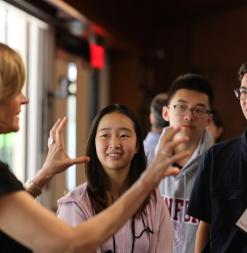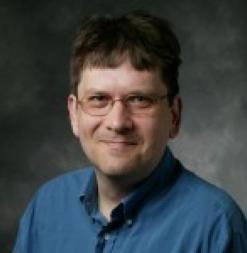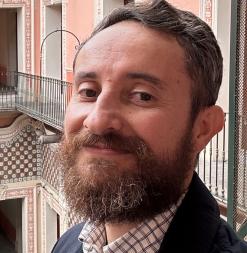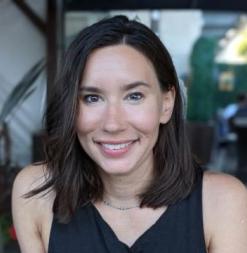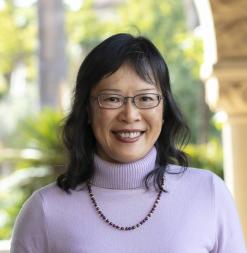Humanities Enrichment
Not for credit or grade, Stanford Summer Humanities Institute encourages participants to tap into Stanford University's excellence in the humanities and social sciences—exploring texts and ideas at a profound level, writing college-level papers, and communicating complex arguments in their academic writing and discussion sections.
Intensive Exploration
Participants investigate topics in the humanities that teach them to understand the past, question the present, and imagine the future.
Profound Conversations
From breakfast to evening activities, participants have the chance to discuss powerful ideas introduced in lectures, readings, and discussion sections.
Global Citizenship
Participants from around the world come together as a community of curious, independent thinkers from a wide range of backgrounds and perspectives.
Independent Research
During their third week, participants work closely with Stanford professors, graduate students, and writing mentors to produce original research projects.
An Immersive Academic Environment
Courses meet each weekday from 9:00am to 11:00am Pacific Time for faculty-led sessions that include lecture, small group discussions, and individual work. Discussion sections, led by Stanford graduate students, meet each weekday from 1:00pm to 2:00pm Pacific Time in smaller groups to dive deeper into topics covered in faculty-led sessions.

College-Level Workload
Similar to what they would experience in a college humanities course, participants can expect a heavy workload of assignments to complete outside of class meeting times. Coursework will include assigned readings, group work, research, lectures, and more.
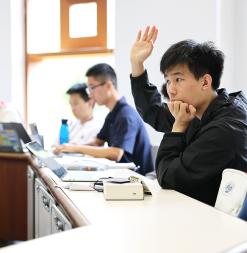
Student Engagement
Active participation in class discussions and organized activities is key to creating a community of engaged learners, and students are expected to participate and collaborate with their peers, professors, and teaching assistants.

Campus Resources
Access to Stanford’s Green Library and Recreation and Wellness facility is available to all participants.
I found myself engaging in deep conversations both inside and outside of the classroom, surrounded by a group of open-minded individuals truly interested in the world around them.
Stanford Summer Humanities Institute Participant
Expert Stanford Faculty
Scholars in the field of humanities, Stanford University professors lead all Stanford Summer Humanities Institute courses.

Associate Professor Joel Cabrita
Colonial Extractions of African Cultural Treasures
Engaging Intellectual Life
Stanford Summer Humanities Institute provides not only enriching academic experiences but also engaging learning communities that foster critical thinking, promote personal growth, and inspire lifelong learning outside of the classroom. Outside of academic coursework, students will have opportunities to engage and build community with their peers through a variety of workshops and recreational activities.

Participate in Workshops and Fun Activities After Classes
During the week, Stanford Summer Humanities Institute residential staff plan a variety of workshops and fun activities, such as board games, pick-up sports, community building, and discussions with Stanford University offices.
One of our hopes was to expose students to big ideas, enduring ideas, ideas about democracy, revolution, social change, to the tools that the humanities have to help us think through those sorts of questions.
Professor Debra Satz
Department of Philosophy, Stanford University
